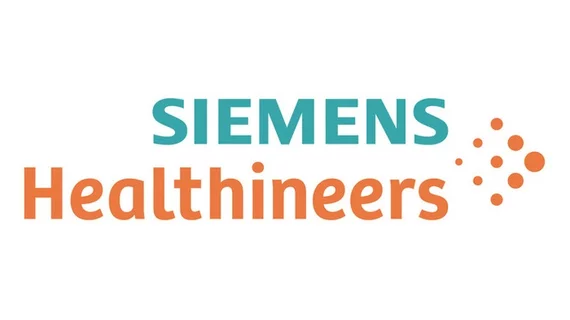FDA clears Siemens’ high-sensitivity troponin diagnostic test for acute MI
Siemens Healthineers received FDA approval of its High-Sensitivity Troponin I assays (TnIH)1 for the Atellica IM and ADVIA Centaur XP/XPT in vitro diagnostic analyzers. The new troponin assays will allow physicians to correctly diagnose patients for acute myocardial infarction (MI).
Compared to traditional assays, Siemens’ troponin assays are designed to detect lower levels of troponin proteins with 99 percent precision. They can also detect slighter changes in a patient’s troponin levels as repeat testing occurs.
The assays were approved for usage in Europe in May 2017 and meet the current European Society of Cardiology standards.
“This design affords clinicians greater confidence in the results with precision that provides the ability to measure slight, yet critical, changes to begin treatment,” Siemens noted in a prepared statement. “As science progresses, guidelines for determining high-sensitivity also evolves. These TnIH assays meet the latest industry guidelines.”

